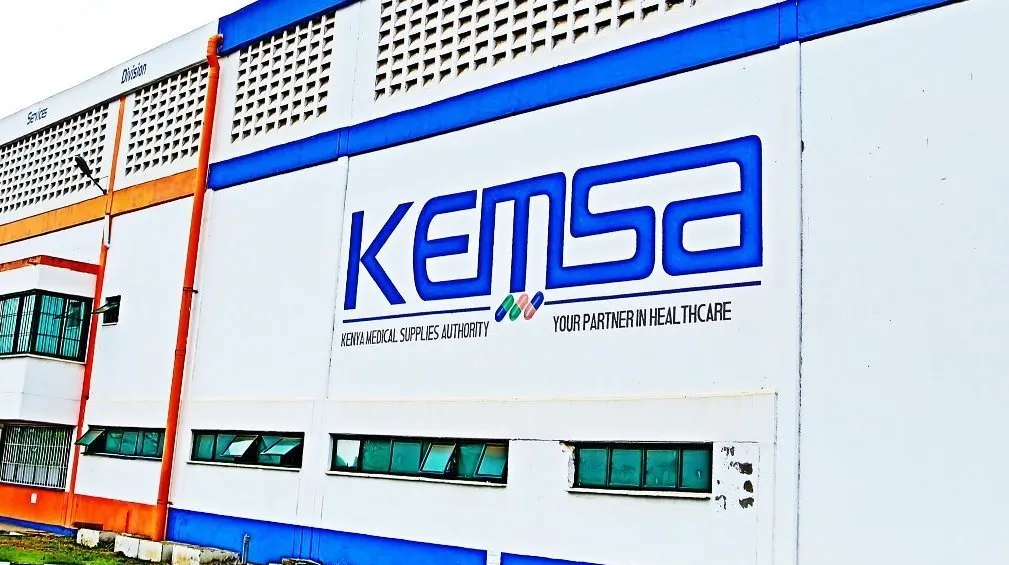
Cabinet yesterday at a meeting in State House approved the Livestock Bill 2023. The proposed law provides for a regulatory framework in the livestock sector, giving priority to the dairy, leather, and meat value chains.
Save for veterinary inspection, the Cabinet noted, the meat industry is largely unregulated, a gap that the proposed law will now close. The livestock value chain provides huge opportunities for farmers and investors because Kenya has one of the largest livestock populations in Africa.
The livestock comprises 18 million cattle, 28 million goats, 17 million sheep, and three million camels. Others are 32 million domestic birds and two million donkeys.
The Cabinet, too, gave a nod to the National Agricultural Mechanization Policy that seeks to enhance productivity and production. The policy will also improve agricultural efficiency and offer incentives for large-scale commercial farming.
It will also promote public-private partnerships in the delivery of agricultural mechanization services and promote training in this critical enabler in farming.
PS Mueke noted that this move sets the stage for the commercialization of the country’s Livestock sector, thus putting money into the pockets of the Kenyan farmer while significantly contributing to economic growth.






